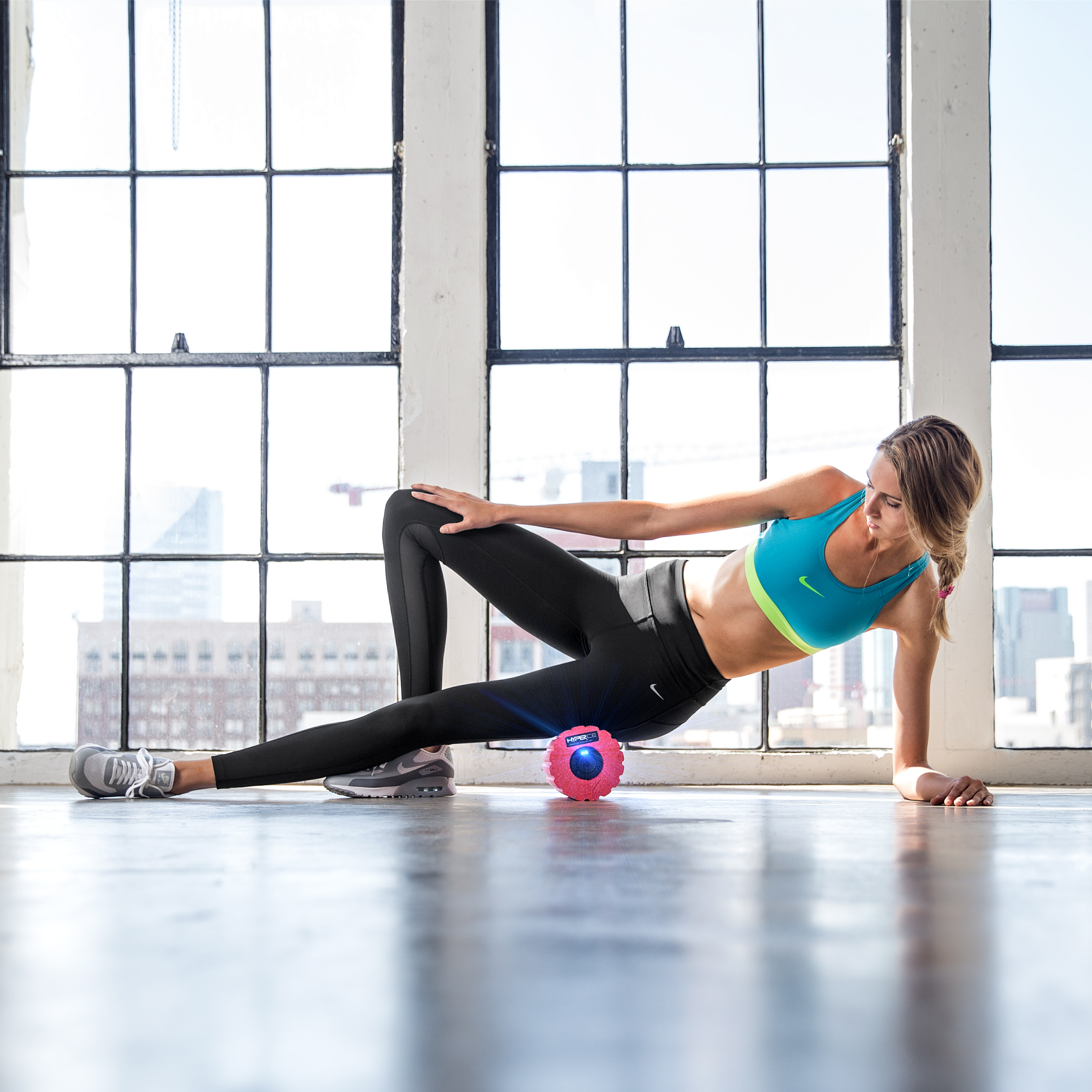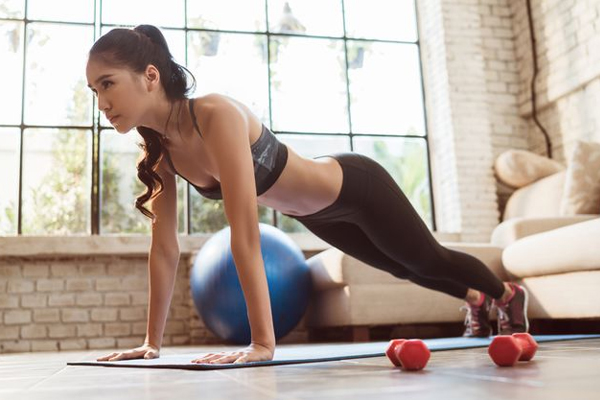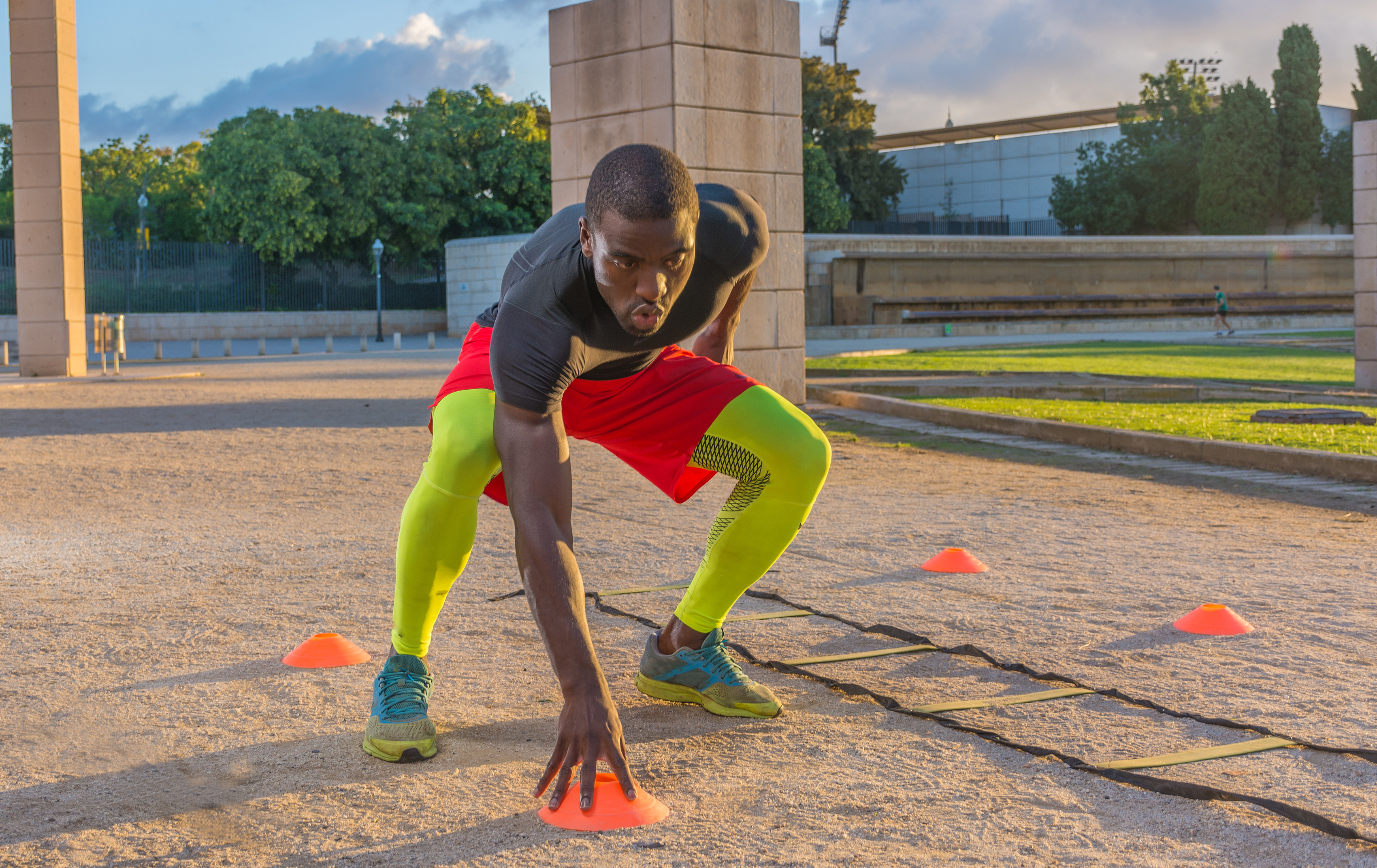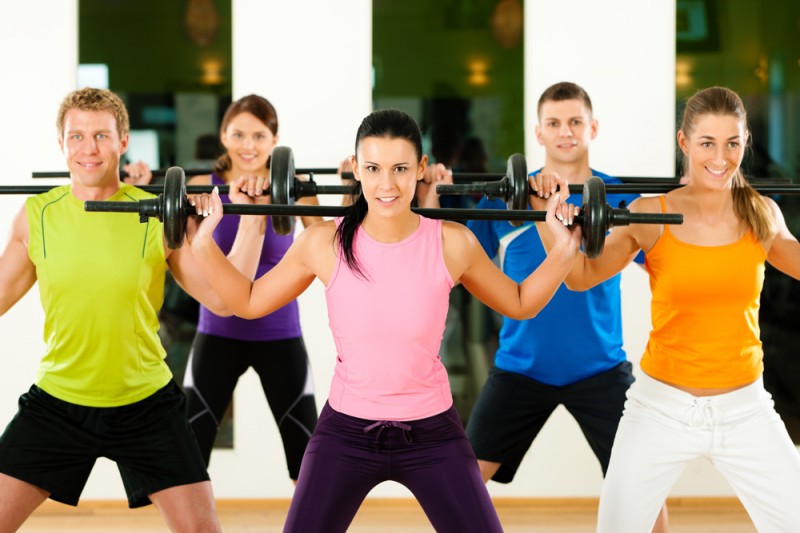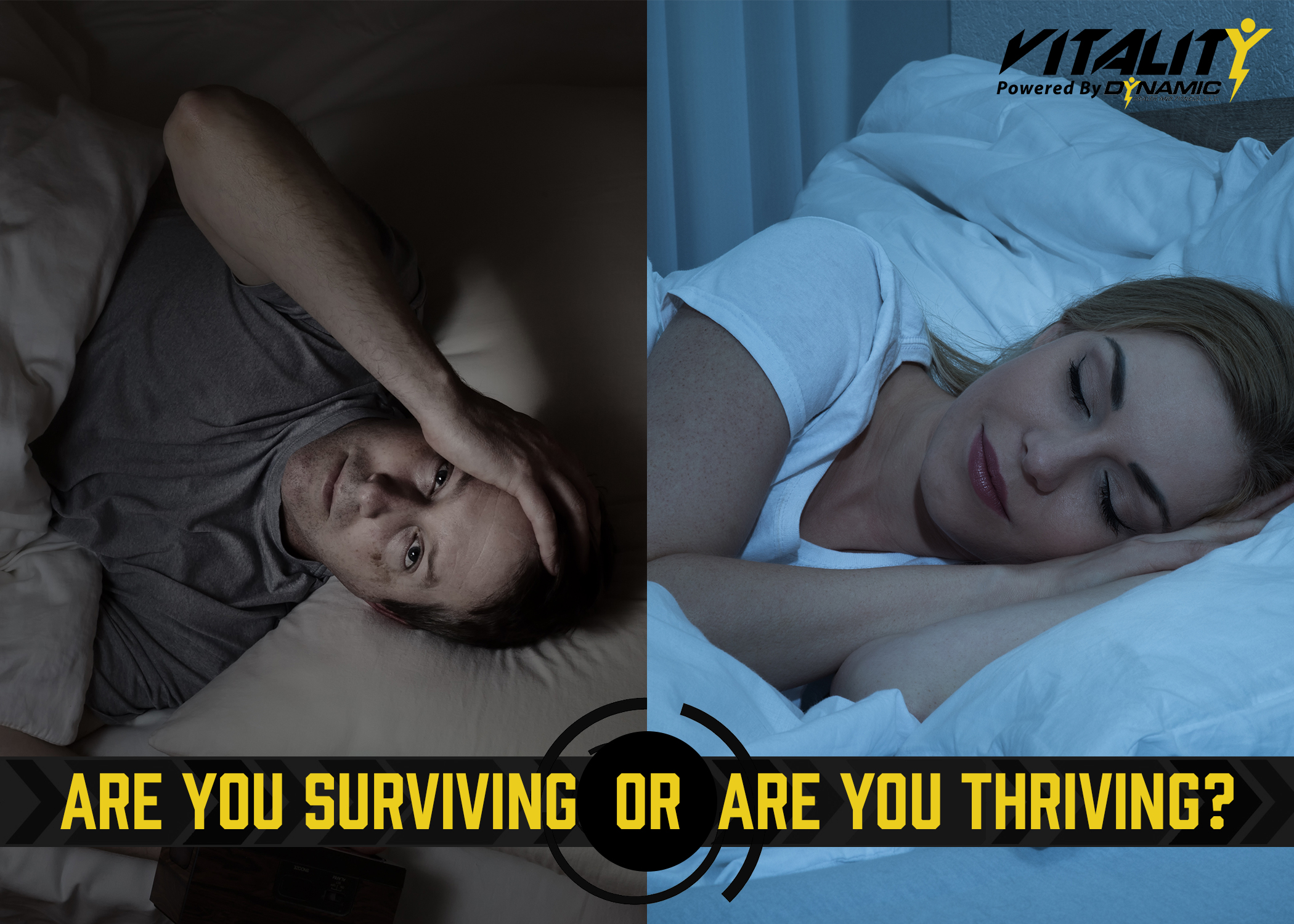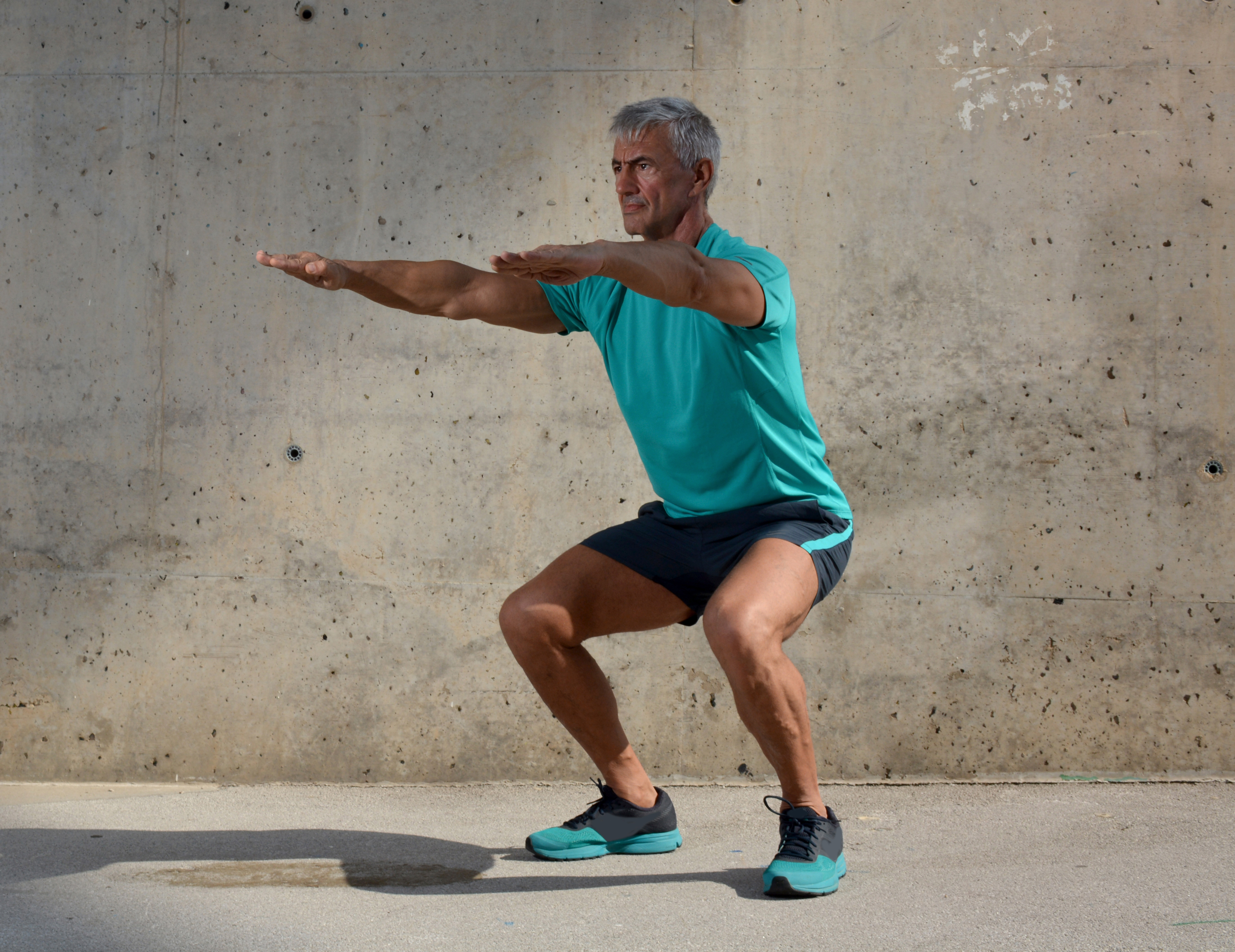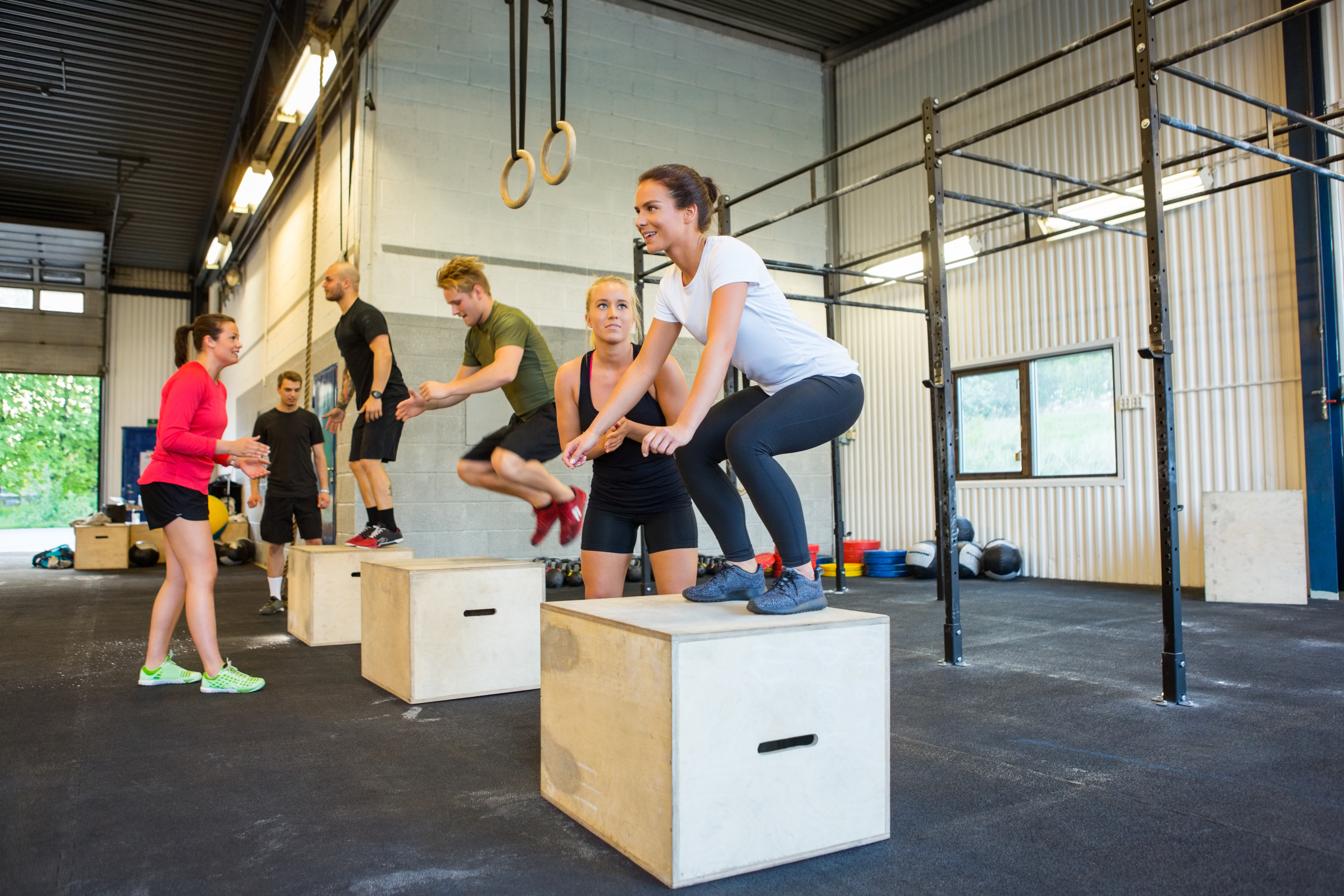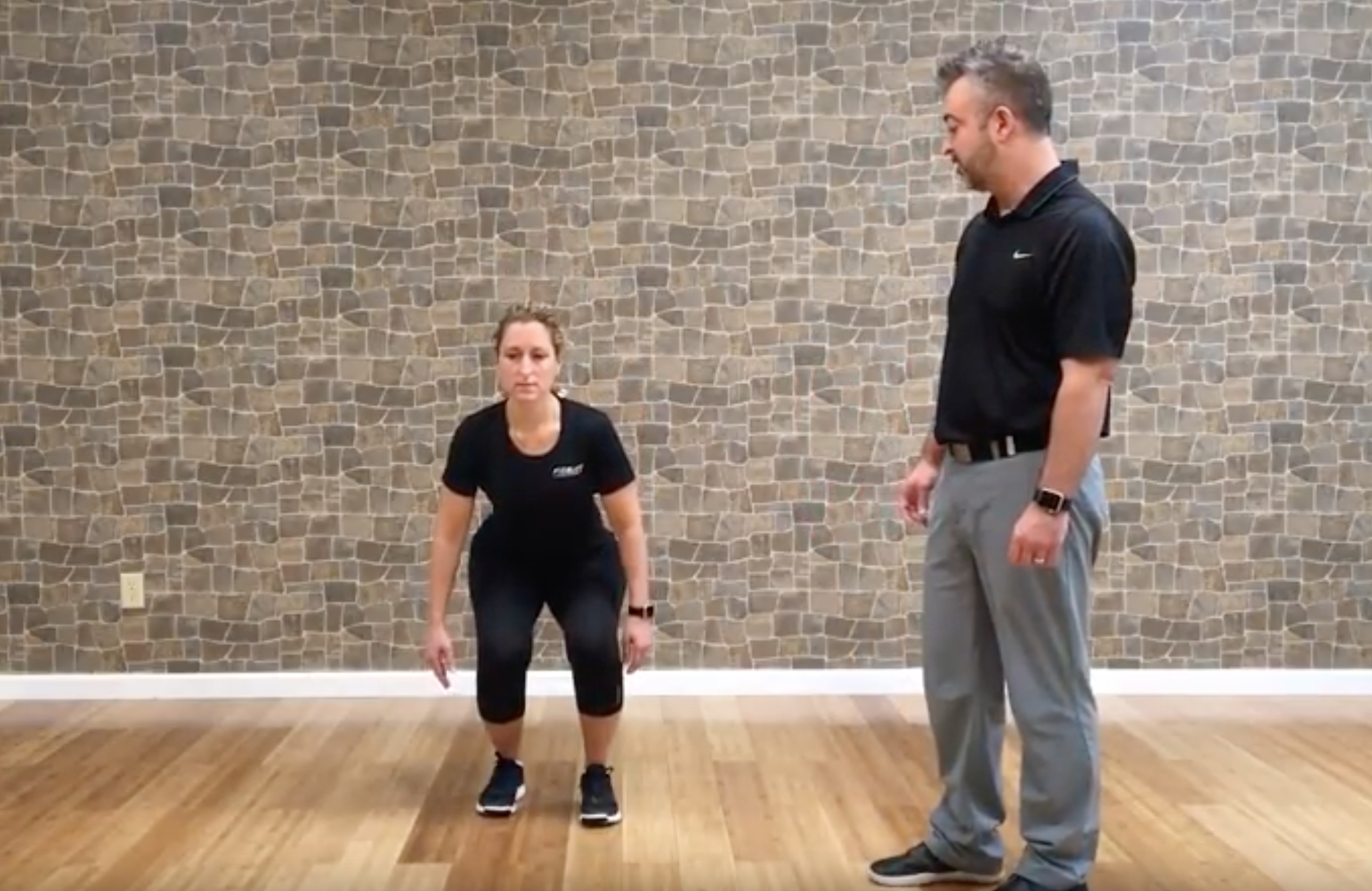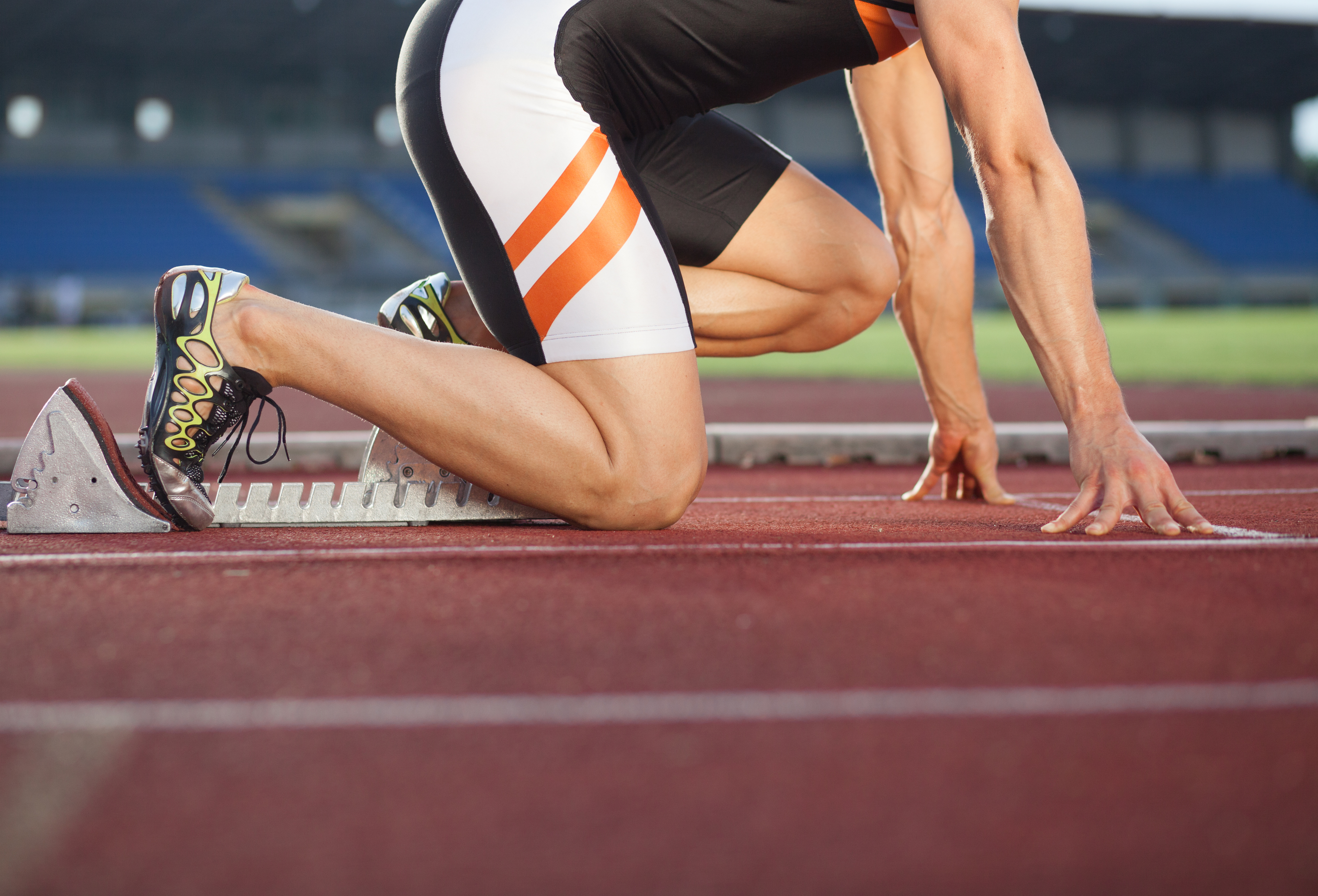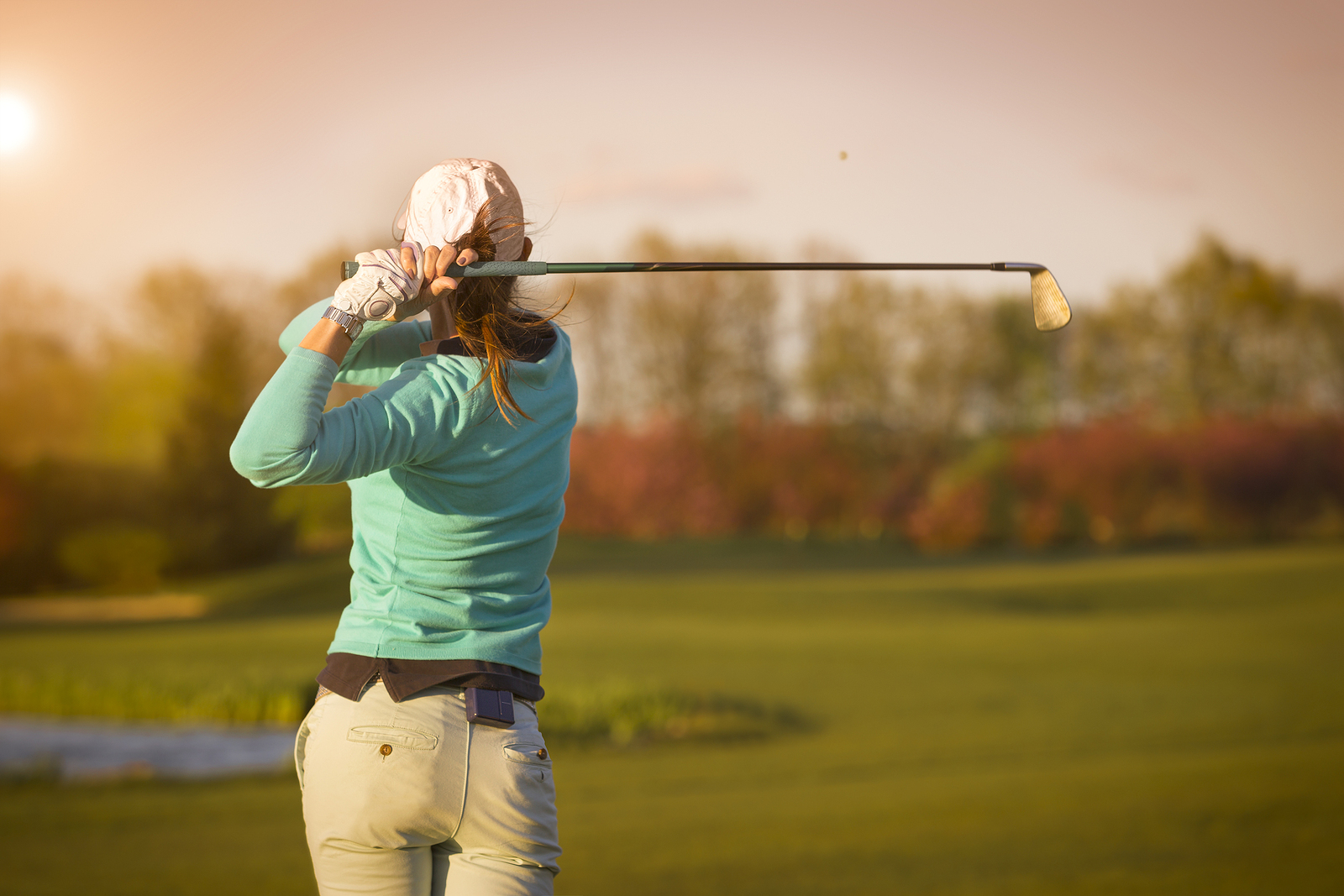
The six pillars of Vitality are integrated to enhance your health span. Health span differentiates itself from life span, as it relates to the length of time that a person is healthy – not just alive. Movement is the first pillar discussed as it is the most powerful influencer of health span. Living an active life helps an individuals vitality by:
- Reducing cognitive decline
- Optimizing physical health
- Managing emotional health
Those who regularly exercise and stay active can improve quality of life, decrease the chance of heart disease, improve cognitive health, improve physical function, and reduce falls. The content below deep dives into the four components of movement: Mobility, Strength, Metabolic, and Power.
Vibration Meets Foam Rolling: Hyperice Vyper
Foam rolling has been used for years now by everyone from professional athletes to the average fitness consumer. The benefits of foam rolling have been well documented as a functional preparation and post workout recovery tool. Foam rolling can increase fascia...
How Do You Perform A Push-up?
Push-ups are a foundational movement that we perform in our daily life in some aspect. The traditional push-up has been taught to be performed in the prone position on your hands and feet, elbows extended and hands directly underneath your shoulders. From there you...
What is an example of a speed, agility, and quickness drill?
The T-Drill is just one example of a SAQ training exercise. The T-Drills has a combination of straight ahead speed, lateral agility, and shuffling to emphasis quick feet. Set Up: You will need four cones to create the T shape drill. Place three cones in a line to...
What Type Of Movement Should I Be Doing?
The Physical Activity Guidelines (PAG) report indicates the average adult needs to participate in 4-8 hours of weekly physical activity to enhance their overall vitality. The report further details that the activity should include 2 hours of strength training and the...
Sleeping for Performance
Is Sleep the Magic Pill? Imagine the ultimate enhancement one can add into their performance program, a tweak that can enhance recovery, increase cognitive function, build muscle, improve energy levels, and regulate moods. Best of all this enhancement is free! This...
What Is A Workout?
Websters defines a workout as: 1 : a practice or exercise to test or improve one's fitness for athletic competition, ability, or performance 2 : a test of one's ability, capacity, stamina, or suitability I myself had an old paradigm that a workout was a series of...
Thoughts on CrossFit
I decided to write on this topic, as I find myself being asked the question "What is CrossFit" more often. CrossFit (CF) has become a hot topic, and a lightening rod for intense conversation between many health professionals. Some in it's defense, and the majority...
How Do I Perform Squats
Squats are a fundamental movement that we perform on a daily basis. Whether we are sitting down in a chair, getting down on floor, or picking an object off the floor - squatting is at the core of the move. Traditionally we were taught that squats were to be performed...
Speed and Reaction
As athletes, we know that our ability to move fast is a foundational component to our success on the field or court. The individual who can run faster, change direction more efficiently and react to the ball quicker has the competitive advantage. To begin to...
Brain Speed + Body Speed = Real Game Speed
Over the years sports performance training has evolved significantly. Traditional training programs emphasized speed in relation to specific planes of motion. Generally movement was trained either straight ahead (sprinting drills) or side to side (cone shuffle...
US Physical Activity Guidelines
The US department of health and human services issues the physical activity guidelines for Americans. The purpose of the guidelines is to provide guidance on the importance of being physically active in order to enhance overall wellness. Findings and Research Physical...
Free Golf Warm Up
At the bottom of this blog is a link to your new golf warm up. You can now prep like the men and women on tour. Before you click that link, lets learn the value behind proper prep and why it’s so important for golfers. An effective warm up can improve our golf...

